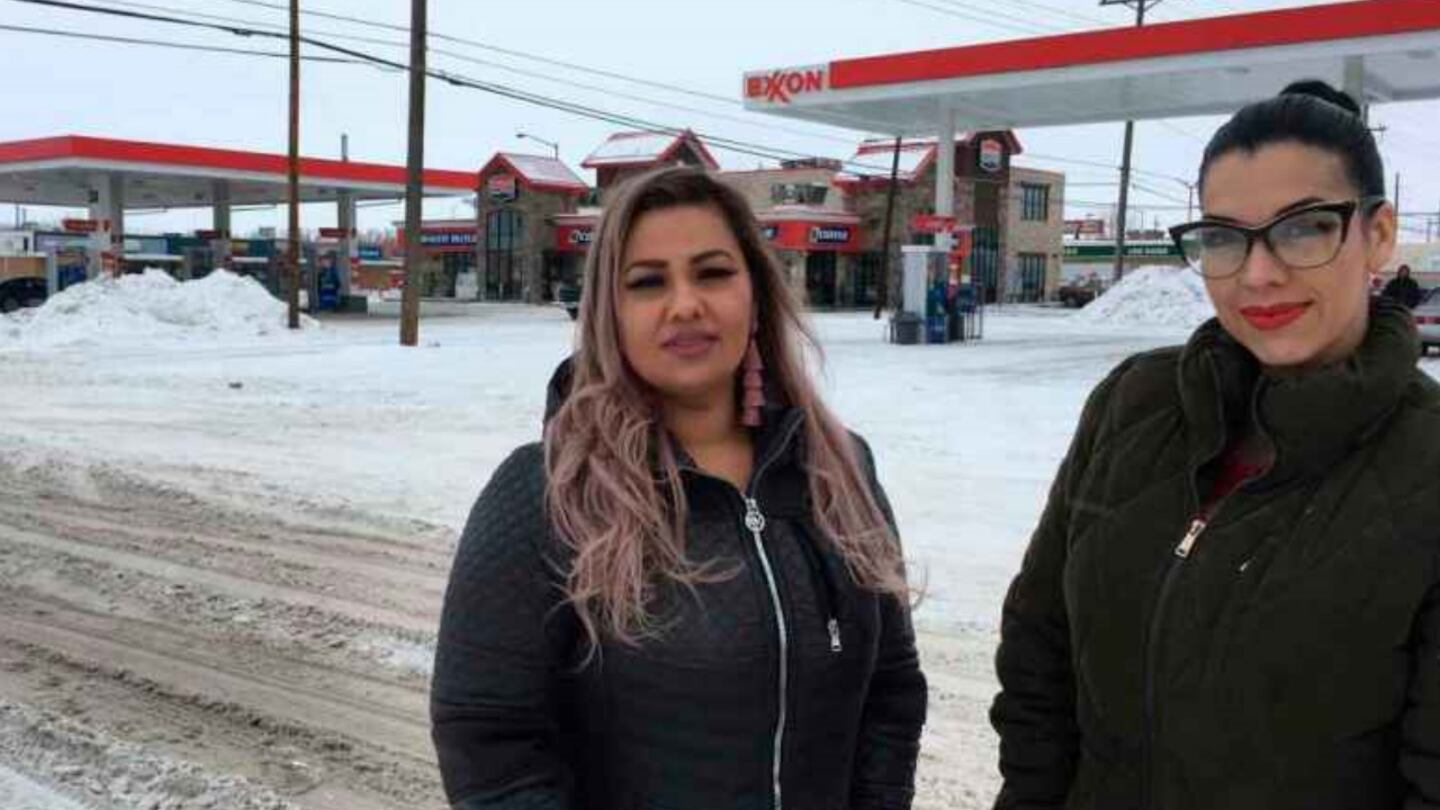Two Americans who were detained by a U.S. Customs & Border Protection officer for speaking Spanish while shopping at a Montana convenience store two years ago reached a settlement with the agency, the ACLU of Montana said Tuesday.
The amount of the settlement was not disclosed at the request of the two women, Cody Wofsy, a staff attorney with the ACLU Immigrants’ Rights Project in San Francisco, told USA Today.
In a news release, the ACLU said that Ana Suda and Martha “Mimi” Hernandez were waiting to pay for groceries in Havre when they were approached by CBP agent Paul O’Neill, KRTV reported. When the women said they were from Texas and California, respectively, the agent ordered them to show identification, the television station reported.
Settlement reached - details, timeline, and video of the incident: https://t.co/jMWnL9oFS4
— KRTV Great Falls MT (@KRTV) November 24, 2020
O’Neill and a supervisor who arrived later said the women were not free to leave the convenience store, ACLU attorney Alex Rate wrote in the lawsuit.
“We stood up to the government because speaking Spanish is not a reason to be racially profiled and harassed,” Suda said in a statement provided by the ACLU. “I am proud to be bilingual, and I hope that as a result of this case CBP takes a hard look at its policies and practices. No one else should ever have to go through this again.”
According to court documents, after the women showed the agent valid Montana driver’s licenses, O’Neill detained them in the parking lot. When asked why, O’Neill said it was because they were “speaking Spanish in the store in a state where it’s predominantly English speaking.”
“Ma’am, the reason I asked you for your ID is because I came in here and I saw that you guys are speaking Spanish, which is very unheard of up here,” O’Neill said in a video recorded by the women.
Suda and Hernandez were both born in the United States, The Arizona Republic reported. Suda was born in El Paso, Texas, and Hernandez was born in El Centro, California.
They grew up speaking Spanish and are fluent in English and Spanish, the newspaper reported. Suda moved to Montana with her husband in 2014, the ACLU said. Hernandez moved to Montana in 2010. Both women are certified nursing assistants and worked at an assisted-living facility, according to the ACLU.
According to the Republic, evidence uncovered through the lawsuit revealed text messages from O’Neill’s cellphone that contained racist and derogatory language.
Wofsy said the case shows that the attitudes of some CBP agents are “completely out of step” with the growing number of Spanish speakers in all parts of the United States, Wofsy said.
“To have this idea that because our clients were speaking Spanish, that told the agent anything at all about who they were, where they were from, what their immigration status was, just speaks to a complete misunderstanding of the diversity and demographics of our country,” Wofsy told USA Today.
Havre is a city of nearly 10,000 people in north-central Montana, located about 30 miles from the U.S.-Canada border and near two Native American reservations.
In settling the case, U.S. Customs and Border Protection officials said they did not admit liability and added in a statement that “the overwhelming majority of CBP employees and officers perform their duties with honor and distinction, working tirelessly every day to keep our country safe.”
Cox Media Group






